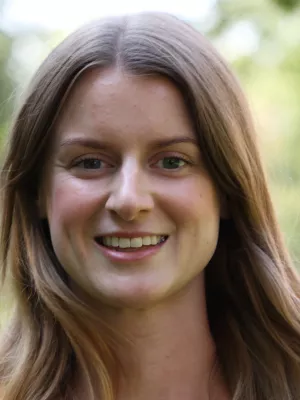
Sara Ullström
PhD Student

Violent Climate Imaginaries: Science-Fiction-Politics
Author
Summary, in English
There are many ways in which climate futures can be envisioned, such asglobal and regional climate models, scenarios of future emission trajectories, orpathways and visions of societal transformation. All these anticipatory practicesaim to make the climatic future knowable in the present. In so doing, they quiteoften envision a climatic future that is inherently violent: a future marked bydisasters, wars, mass migration, turmoil, and terror. This working paper seeksto explain the popularity and tenacity of such violent imaginaries of (future)climate change in scientific research, popular culture, and political discourse.For this, it asks two interrelated questions: First, how do violent imaginaries offuture climate change come about? Second, why and how do these imaginariescirculate and proliferate? To answer these questions, the paper provides adiscussion of the concept of “violence” and elaborates how different forms ofit are featured in imaginaries of future climate change. On this basis, the paperthen traces three different modes of future-making that together produce andreproduce violent climate imaginaries: modeling the future, writing the future,and visualizing the future. Finally, the paper proposes and discusses severalfactors that could help explaining the circulation of violent climate imaginariesbetween the fields of science, fiction, and politics. These factors include theexistence of an interdiscourse that bridges different specialized discourses, thebroader political economy of imaginaries, interpersonal relations between actorsin different fields, and the coproduction of dominant imaginaries with broadertechnological developments.
Department/s
- LUCSUS (Lund University Centre for Sustainability Studies)
- Department of Political Science
- BECC: Biodiversity and Ecosystem services in a Changing Climate
Publishing year
2019-11
Language
English
Publication/Series
IFSH Research Report #001
Links
Document type
Report
Publisher
Institute for Peace Research and Security Policy, University of Hamburg
Topic
- Earth and Related Environmental Sciences
Status
Published